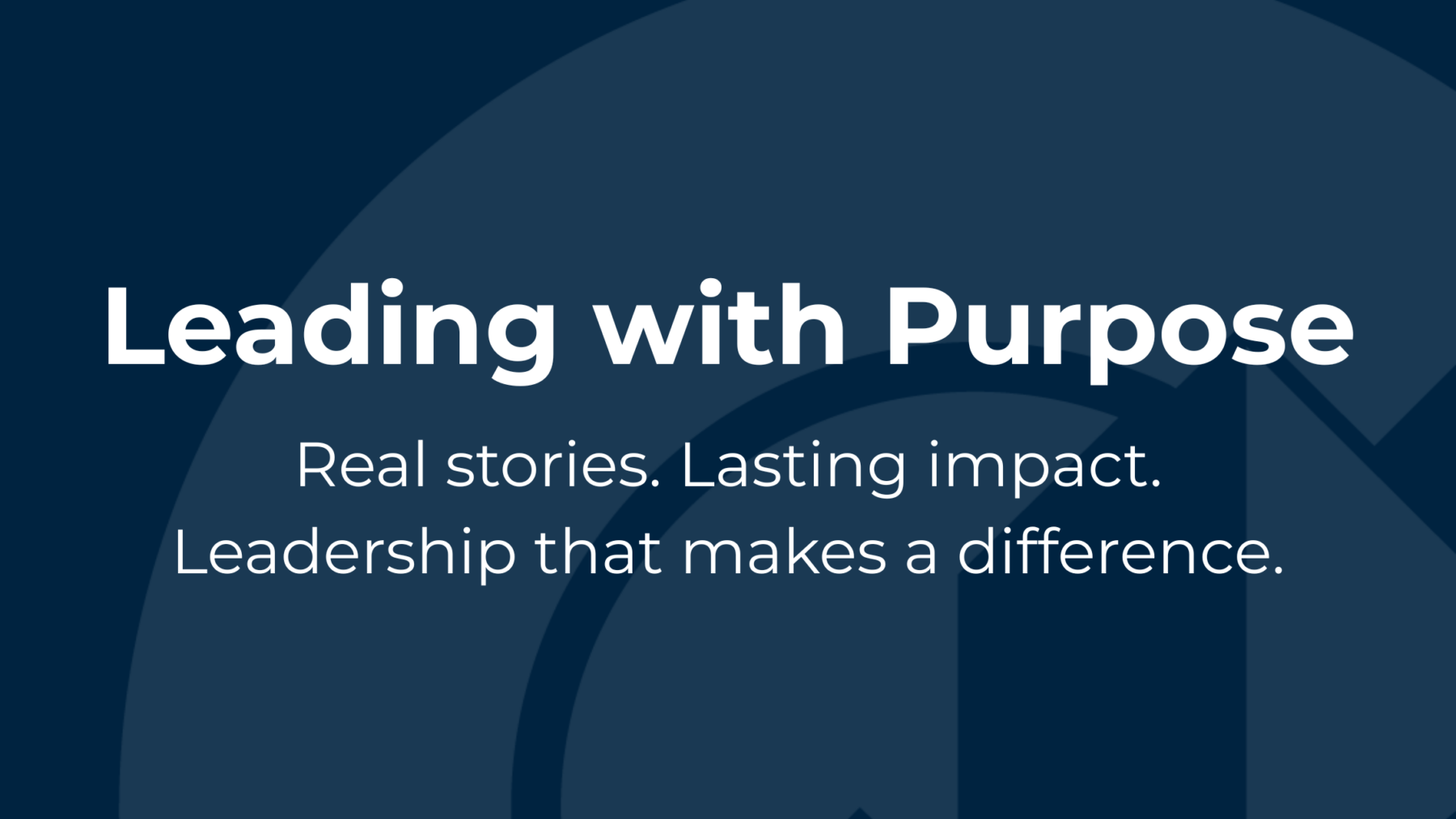As an employer, if you had the opportunity to significantly increase productivity while reducing costs by investing in your employees, would you turn a blind eye?
Consider the new imperative for employers—integrating mental health in employee wellness programs.
Why? The Centers for Disease Control and Prevention (CDC) recognize mental illness as a major public health issue, and is the leading cause of both injury and disease for people around the world.
More days of work loss and work impairment are caused by mental illness than many other chronic conditions such as diabetes, asthma and arthritis. According to the CDC, depression is estimated to cause 200 million lost workdays each year at a cost to employers of $17 to $44 billion. In a 3-month period, patients with depression miss an average of 4.8 workdays and suffer 11.5 days of reduced productivity.
By improving an organization’s commitment to mental health wellness for its employees, there are notable benefits besides increased productivity—including saving lives. Just as organizations recognize they can make an impact on reducing heart disease by encouraging exercise, they can also make an impact on reducing suicide by promoting mental health, through early identification and intervention.
The Working Minds program, offered by the CU Helen and Arthur E. Johnson Depression Center, is one resource available nationally to employers that provides a forum for dialogue and critical thinking about workplace mental health challenges. The program encourages help-seeking and help-giving behaviors among employees, and also helps organizations identify the warning signs of mental illness and suicide.
This unique program is designed to be facilitated in a variety of workplace environments including large and small businesses, non-profits and healthcare organizations. The CU Johnson Depression Center offers two training options:
- A 2-hour training ($15 per person) provides participants the skills and tools to proactively address the early warnings signs of suicide in the workplace and recognize what resources are available for immediate and ongoing support.
- The 8-hour Train-the-Trainer course ($250 per person) provides participants the tools to deliver the 2-hour Working Minds training within their workplace and community. After completing this full day course, trainers are able to give participants the tools to identify people at risk and respond to a crisis.
Many organizations are taking advantage of the Working Minds program. Mercer Communications, Denver Public Schools, and RK have recently integrated Working Minds into their wellness programs and are seeing immense value from implementing the training.
“We place a great importance on mental health, both internally and for what we recommend for our clients—we try to practice what we preach,” said Maddy Winslow, Project Manager at Mercer.
RK, a large mechanical contractor based in Colorado, is also proactive in implementing mental wellness via the Working Minds program into their company culture.
“The Working Minds training program will give our workforce more internal and external resources to support them if they are in mental distress, or are contemplating suicide,” said Russ Sullivan, manager of learning and development at RK. “Our employees are the source of our success. If we don’t help our employees during their challenging times, we will not be successful. Our investment in employees’ mental health is part of the RK Experience – our term for putting people first.”
For more information or to schedule a training, please contact Alex Yannacone, community programs manager at the CU Johnson Depression Center at alexandra.yannacone@ucdenver.edu or 303-724-8768.
Alex Yannacone, community programs manager at the CU Helen and Arthur E. Johnson Depression Center



